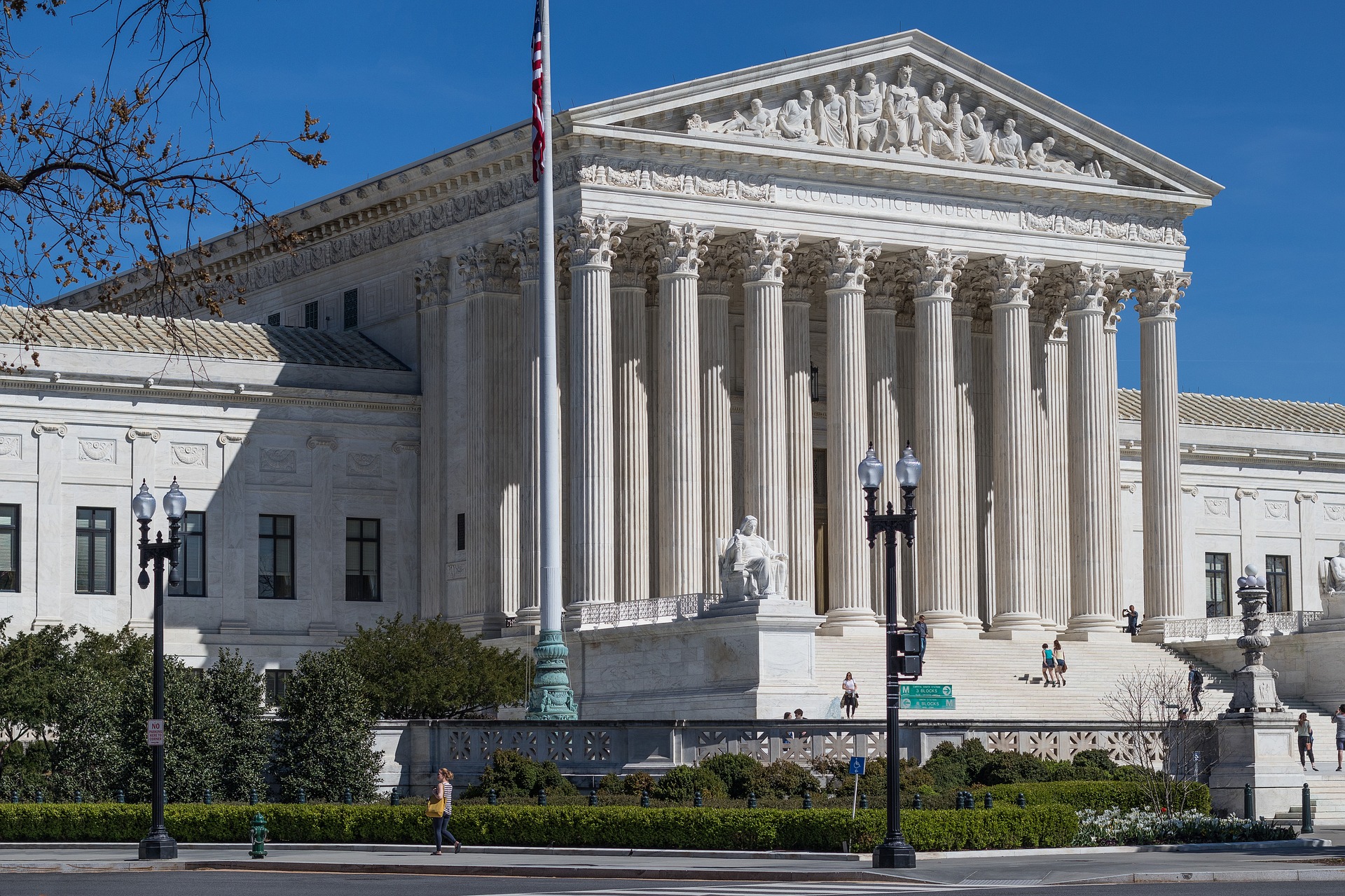
05 Sep What Does the Judicial Branch Do?
If you recall your Elementary school education, you probably remember that the United States Government is composed of three distinct but equally powerful branches: the Executive (the President and those appointed by him), the Legislative (the Congress), and the Judicial (the Supreme Court and other lower courts). As a criminal defense law firm in Chandler, AZ, at Coolidge Law, we are directly impacted by the Judicial branch of government. So who makes up the Judicial branch and what does the Judicial branch do?
The Supreme Court
As we mentioned before, the US Supreme Court is the highest court in the land and therefore is the head of the judicial branch. The Supreme Court was established by the Constitution under Article III, Section I. It consists of nine Justices who are nominated by the President and then must be confirmed by the Senate. The length of the term they serve is up to them—meaning, they can serve until they die or become physically or mentally incapable of serving, or they can step down so that a new justice can be appointed. Most appointed justices choose to serve for life.
Appointed justices and judges have no political loyalties. Their only loyalty is to the US Constitution. Generally speaking, however, Republican Presidents will appoint judges who have a more conservative interpretation of the Constitution and Democratic Presidents will appoint judges who have a more liberal interpretation of the Constitution.
The Supreme Court is a vital part of our constitutional government for several reasons. First, it’s the highest court in the land and therefore, the last place where justice can be sought. Second, it plays a valuable role in ensuring that each branch of government recognizes its limits to power. Third, it protects civil rights by striking down laws that are unconstitutional. And lastly, if the views of the majority begin to change, it ensures that those views do not undermine the fundamental values common to all Americans, e.g., freedom of speech, freedom of religion, and due process of law.
District & Circut Courts
Just under the Supreme Court in power and authority, the District Courts (trial court) and Circuit Courts (appellate court) are also a part of the federal court system. In total, there are 94 district courts and 13 circuit courts in the US. Each state has at least one district court (including DC). Judges within these two courts are appointed by the President and serve life terms.
The district & circuit courts hear cases involving the constitutionality of the law and cases involving the laws and treaties of the U.S. ambassadors and public ministers, disputes between two or more states, maritime law, and bankruptcy cases.
The United States District Court for the District of Arizona is the only federal judicial district in Arizona. Arizona District Court is held in Phoenix, Tucson, Flagstaff, Prescott and Yuma.
On a local level, when it comes to seeking the right criminal defense law firm in Phoenix, Todd Coolidge has the experience and know-how that puts his clients at ease. Schedule your free consultation today.
Image by Mark Thomas from Pixabay (9/9/2019)


